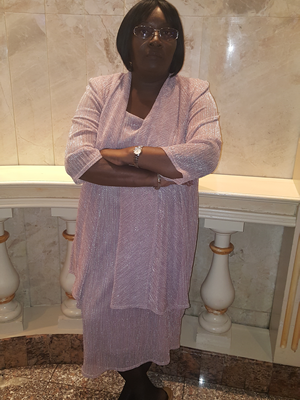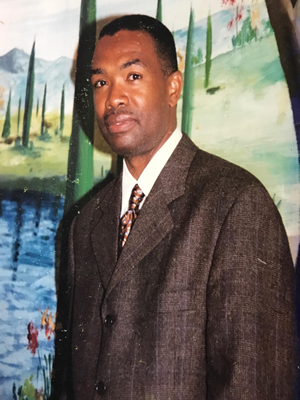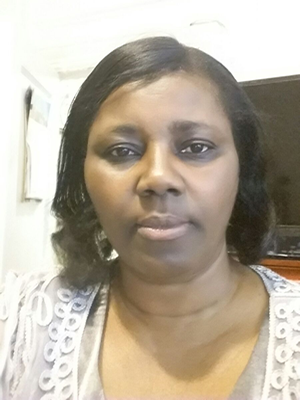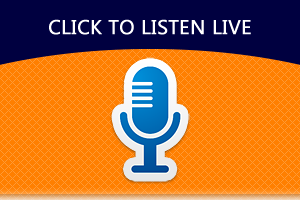Anthroposophical Healing
Anthroposophical medicine, one of the many initiatives launched by Rudolf Steiner, is a holistic approach to healing that entails an in-depth assessment of the fourfold human constitution – wherein the inter-weave of physical, etheric, astral and egoic bodies of the individual are delved into. It's practitioners are commonly full MDs, although there are also naturopaths and other holistic healers who use anthroposophical principles in their practice.
Treatment can entail attention to any or all of the four bodies, often using homeopathic and herbal remedies manufactured by quality-focused companies, such as Weleda Products, who apply both in-depth research and rigorous practices in the manufacturing process.
High-level considerations in medicine translate as remedies that facilitate the body's natural healing processes. Rather than simply masking symptoms, as is often the case in allopathic medicine, the holistic approach looks to symptoms as signs of imbalance within the body. By seeking an understanding of how the body is naturally working to heal itself, holistic medicines are then formulated to stimulate a patient's innate self-healing powers.
Also, the following standards are applied, under ideal conditions of remedy production:
– ideal plant sources use biodynamic methods of cultivation
– recognizing the affinity of human to nature – the bridge that leads naturally to the optimal remedy for a given ailment.
– fair trade and ecologically sound growing principles
Materialistic science tends to view disease as nothing more than an enemy to eradicate. In contrast, the spiritual-scientific perspective of Steiner indicates that illnesses are often the cure for a soul condition.
Childhood illnesses can be of significant value to an individual's destiny. Young children have more mutable DNA than adults. Children often incarnate into a body which they feel does not suit them. In effect, they experience discomfort, a feeling of being not-at-home in the body. The spirit of the child which, in its over-lighting wisdom, knows what is best for the overall development of the child, can use a high fever as a catalyst to transform the DNA so that the body is made more suitable for the individual soul inhabiting it. Immunizations can interfere with this process, resulting in a child having to live with allergies and / or asthma for the rest of its life.
Another related issue entailing modern medical practice emerges when some illnesses are eradicated for the general population. Because we require a particular "medical challenge" to remedy a given imbalance on the soul level of our being, the pool of human consciousness seeks out new illnesses to fill the gap. Accessing the challenges and / or conditions needed to complete a soul-quest becomes the issue. Curtailing diphtheria and tetanus, for example, necessitated humanity's subconscious search for replacement illnesses.
This dynamic does not mean that we stop striving to alleviate suffering. We continue with this, of course. But with greater understanding decisions pertaining to illness can lead to more optimal overall and long term benefits.
Steiner once recounted the tale of a man who had developed restricted breathing on one side of his chest. After an operation the man could breath normally. However, his spirit had actually created the breathing restriction because of a weakness in one of his lungs. The unrestricted breathing that resulted from the operation shortened the man's life, due to complications in the lung. He would have lived longer had he left his condition as it was.
Extensions of anthroposophical medicine include artistic therapies such as eurhythmy (the science and art of movement to speech and music), music, and painting.
From Wikipedia: "A study of anthroposophic treatment of chronic illness found that Anthroposophic therapies were associated with long-term reduction of chronic disease symptoms, improvement of health-related quality of life, and health cost reduction. "
A few examples of effective alternative remedies include:
Iscador – a homeopathic dose of mistletoe for treating cancer, immune deficiency, or burnout. From Wikipedia: "This treatment is widely used in Central Europe, where up to two-thirds of all oncology patients' treatment regimen includes mistletoe."
Bidor – a homeopathic treatment taken over a span of time to help ameliorate chronic migraine headaches.
Infludo – for influenza
Further Resources
See also Insights into Diet and Health on the Insight21 website.












 Hits Today : 915
Hits Today : 915 Total Hits : 740245
Total Hits : 740245 Who's Online : 1
Who's Online : 1